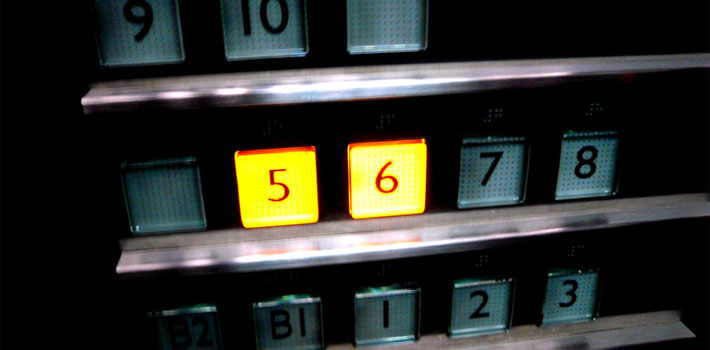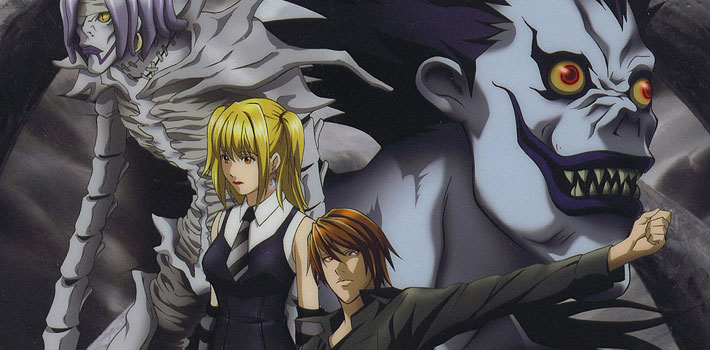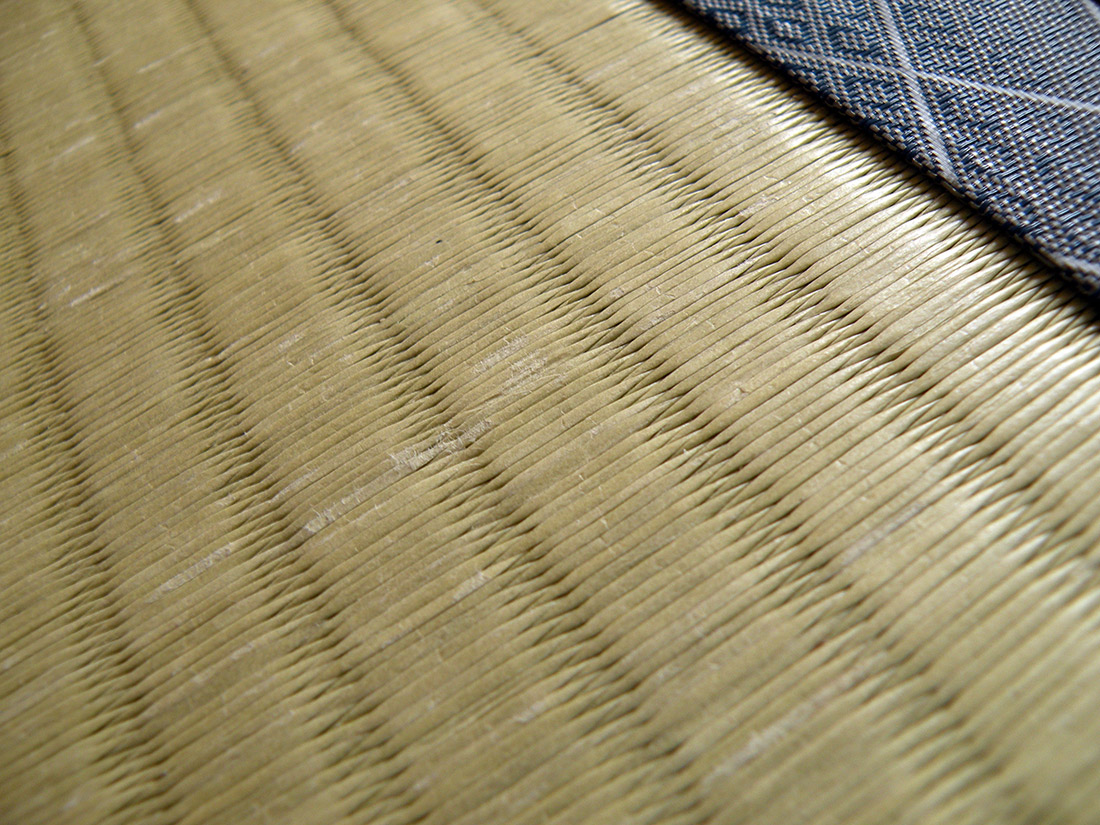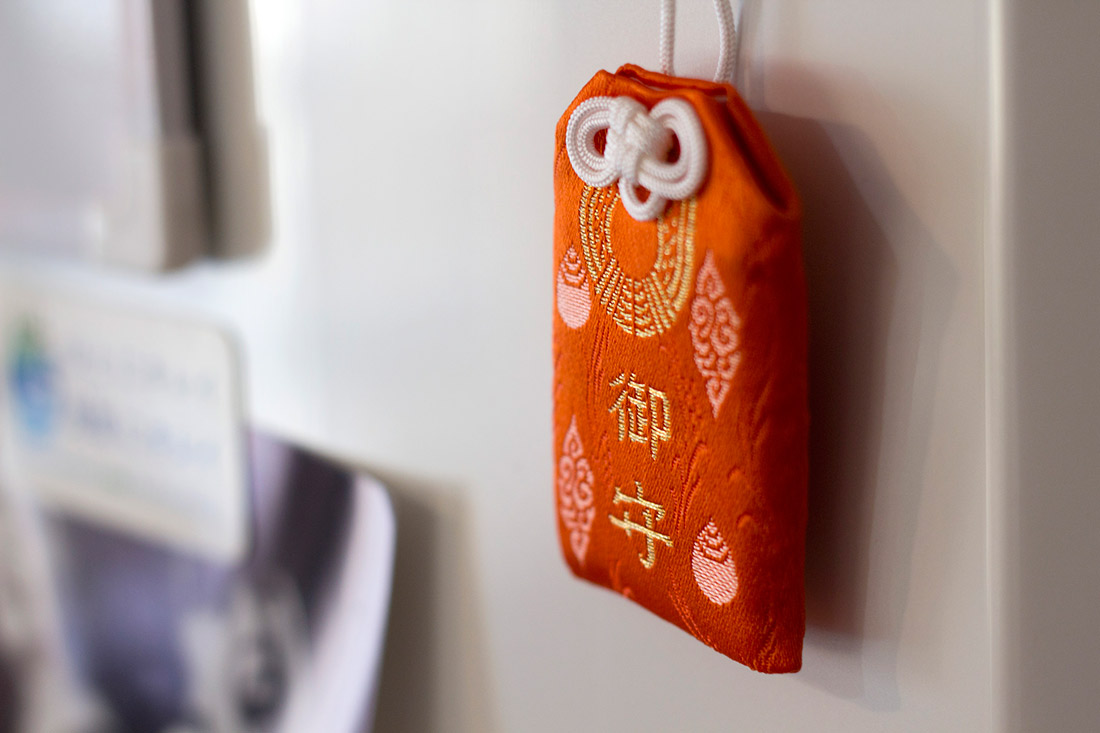If you have been around Japanese natives for a decent amount of time, you'll start noticing some of their unique quirks. Quirks, such as their behavioral differences, habits, and body language. There is one other idiosyncrasy that I've found to be interesting: superstitions.
Superstitions are strongly integrated in Japanese society. If anything, I would say Japanese superstitions almost share the same borders with religion. A lot of it has been developed from historic events in the past, many are from plays on words, and a few are imports from outside cultures. Many are just outright, straight-up superstitions, while others are meant to be given as advice or lessons, somewhat like the fictitious Fable stories of the West. I remember my old high school Japanese language teacher having a few superstitions of her own, some of them quite unique, such as her alien superstitions.
Needless to say, the Japanese are fairly zealous in their superstitions.
So what better way to get to know some Japanese superstitions than to read off a list of some of them!
Enemy numbers 4, 9, and any variations of thereof

In Western cultures, the number 13 is considered unlucky. In Japan, there are a few numbers that are considered bad luck. Why is that? It's due to their pronunciation related to other unfavorable words.
The number 4 can be pronounced as shi し, which is the same word for death.
There are a few variations of the number 4 that are also considered "bad". Twenty-four can be read as nishi にし, which translates to double death. Forty-two or shini しに also translates to death. Forty-three, or shisan しさん sounds similar to shizan しざん or stillbirth. And everyone's favorite number, 420, or shinirei しにれい sounds similar to shinrei 心霊 or dead spirit.
The number 9 is also considered bad, since its pronunciation ku く can also mean pain and suffering.
Due to the unfortunate associations between the numbers and death words, building floors or rooms with these numbers simply don't exist. A lot of buildings will simply not have a floor numbered with 4. In hospitals, floors and rooms with the aforementioned numbers do not exist. It is also considered bad form to give sets of gifts in numbers of 4, such as four sets of dining dish ware. Proper etiquette is to give in sets of 3 or 5.
There are also ages that are considered bad luck. For males, it's the ages 25 and 42, while for females 19 and 33. If you are going to be hitting those ages anytime soon, it's best you pay some protection money to the temple and shrines, and stock up on some charms!
More death related superstitions

A lot of of Japanese superstitions tend to be concern with death. This isn't uncommon. In the United States, there is the superstition of walking under the ladder, opening an umbrella indoors, or crossing paths with a black cat.
Here are the Japanese takes on death superstitions:
When entering a funeral, toss salt over one's shoulder
Tossing salt over your shoulder cleanses the death and spirits off of you.
Avoid sleeping with the head facing north
The deceased are buried with their heads facing north. Doing so suggests one will live a short life.
Fried eel and melon
Consuming both foods in the same sitting will cause death. Tried looking for the origins of this, but couldn't find anything. Anyone know the story behind this?
Never write a living person's name in red ink
Using red ink suggests the person's life will be cut short soon. The origin stems from gravestones. When the gravestone is made, both spouses names are engraved even if one is still alive. The main reason for this is to save costs. In order to distinguish that the person is still living, the engraved name is painted in red. Once they are deceased, the red paint is removed.
Sticking chopsticks upright into rice or any food item
Don't do it. This is only done during Japanese funerals at the deceased's altar.
Food should never be passed between chopstick to chopstick
The same action is done at funeral ceremonies where the deceased is cremated and have their bones transferred to the urn.
Never cut your nails at night
Originally, the superstition was meant to scare away kids from injuring themselves while cutting their nails at night back in the Edo period days. The superstition now refers to death before your parents, or early death, if one cuts their nails at night.
The superstition comes from the play of words from the saying, yoru ni tsume wo kiru to hayaji ni suru 夜に 爪を 切ると 早死にする or "cut your nails during the evenings, and premature death happens". The part, yoru ni tsume wo 夜に 爪を or the nouns, evening and nails, sounds similar to yo wo tsumeru 世を 詰める, which translates to "to cut one's life short."
But what about superstitions you can't control? Things that are a part of you whether you like it or not? Let's take a look at blood types.
Blood types

There's a lot to cover, so here is some tl;dr information on it.
In the late 1800s, a Japanese doctor did some "research" on how blood types are connected with a person's personality and character. He published this information, and the Japanese being the gullible people that they are with superstitions and divination, ate it up. Even though there has been no scientific backing on the correlation, a new industry was born. Now you can get your fortune predictions based on your blood type everyday when watching the morning news or reading the daily newspaper.
Other notable superstitions

There are certainly a whole lot more superstitions out there that I have not covered. Here are a few more that I thought were interesting.
Salt and beggars
If a beggar ever comes to your doorstep, it is bad luck to not salt your entry way. Failing to do so will bring financial misfortune to your household.
Lying down after eating
You will turn into a cow if you do so. The saying suggests you will become lazy. But really, whats wrong with living the life of a Wagyu cow? You get to watch TV, have massages, and all the beer you want.
Tatami mats
When you were a little kid, have you ever avoided stepping on the cement between bricks or tile flooring? If so, time to put that skill to use! Stepping on the cloth borders of tatami mats is considered bad luck.
Breaking certain objects
May the FSM help you if you break your comb or sandals.
Just like any culture though (especially Asian ones, I'm just sayin'), there are going to be a lot more than just these here. This should cover most of the main ones, though. What happens if you mess up? What happens if you've done one of these things? Answer is, probably nothing, but just in case…
I didn't follow the list or I'm afraid of bad luck! What can I do to protect myself?

What can you do if you happened to run into some bad luck? Maybe you felt like being a rebel and ate the melon and fried eel together? Now you regret doing so, eh? Like anything Japanese convenient, there is a one-stop shop that may help with your problems. Just like how you can pay the Yakuza for protection, you can also use your yen to buy some protection to ward off bad juju and bring in some good luck.
Temples and shrines carry good luck charms or omamori 御守 for any current or future problems. Buying these charms and carrying it around with you will protect you from whatever problems the omamori was designed for.
A few popular forms of omamori:
- Yaku yoke — Protection from evil
- Gakugyou Jouju — Passing of examination
- En-musubi — Finding the ideal mate and marriage
- Kanai Anzen — Protection from bad health and illnesses
Make sure you stock up whenever you visit Japan! Who knows how many superstitions you will break unknowingly.
